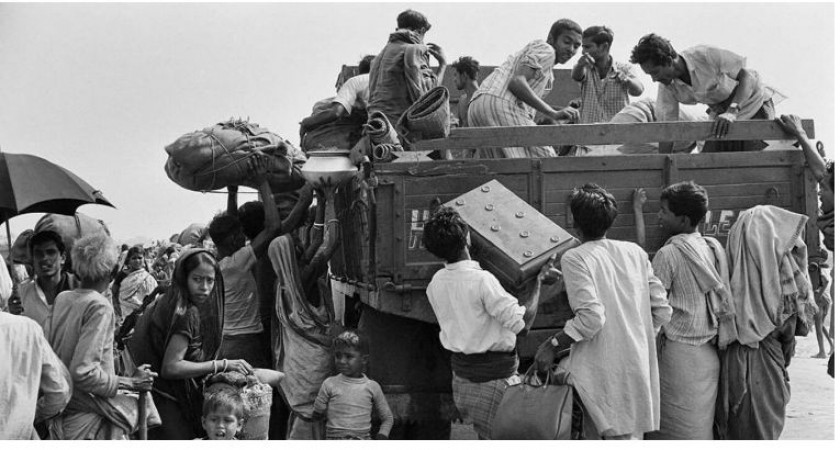
Jacob Peenikaparambil: Prime Minister Narendra Modi declared on the eve of India’s 75th Independence Day that August 14 would now be observed as the “Partition Horrors Remembrance Day”. “Partition’s pains can never be forgotten. Millions of our sisters and brothers were displaced and many lost their lives due to mindless hate and violence”, said the Prime Minister on the occasion.
It is the experience of many people that they don’t want to remember horrors of their lives; they want to bury them in the grave of the past forever. If something frightened us when we were young, the memory of that event can become a little more frightening each time we recall it, leading to a fear that may be out of proportion with the real event. For example, a small spider that frightened us once may get bigger in our minds over time, and a phobia can be the result. Hence remembering the past horrors could be harmful to individuals and communities.
Large majority of Indians alive today were born long after the partition that was accompanied by horrible and unimaginable crimes. Now the question is “why should we remember those crimes and are there benefits of remembering these horrors?” The answer depends on how we are going to remember them.
The violence that erupted after the partition of India and Pakistan is one of the worst tragedies in the world. More than a million people lost their lives in Hindu-Muslim riots and 14 million people were uprooted in one of the largest displacements in human history. People were murdered from both sides, and Muslims and Hindus and Sikhs suffered heavily. Hindus and Sikhs on the one side and Muslims on the other side have horror stories to remember. If Hindus and Sikhs remember only the horrors committed by the Muslims and in the same way if the Muslims remember only the crimes committed by the Hindus and Sikhs, the result could be hatred towards each other and a tendency to take revenge.
If the purpose of remembering the horrors of partition is to destroy hatred and revenge and rebuild and strengthen mutual trust and harmony, the purpose of observing the “Partition Horrors Remembrance Day” will be served.
The whole world, including India, can learn from the Japanese how they converted the greatest tragedy in the history of their country into an opportunity to educate people about the horrors of nuclear war. The purpose of the Peace Memorial Museum at Hiroshima is to motivate people all over the world to work for the elimination of all nuclear weapons and the realization of a genuinely peaceful international community”. Japan, instead of nurturing revenge and enmity towards the USA, has been an ally of the United States.
Hatred and the desire to take revenge is one of the root causes of war. That is why we read in the preamble of UNESCO, “since wars begin in the minds of men, it is in the minds of men that the defences of peace must be constructed.” Mahatma Gandhi, the father of our nation, has taught us by his own example that an eye for an eye makes the whole world blind.
As declared by the Prime Minister, let us remember the horrors of partition not to renew the old wounds but to cast away the demon of HATRED, the root cause of partition and the consequent horrors. Let us also remember the thousands of Hindus, Sikhs and Muslims who risked their lives to save their neighbours from the hate violence of people of their own community. Let that day be a day of LOVE AND HARMONY.
Read More article from the Author: